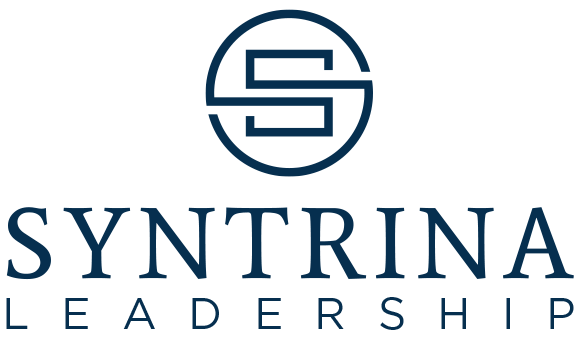FORBES: The Moment Of Leadership – Maturing Past Our Desire for Direction and Validation
As published in Forbes We all want to be successful, to win the approval of others and to be chosen for those limited, top, coveted positions. We work hard to become educated, accomplished and known as the best. Unfortunately, the older we get, and the more we move up the organizational ladder, the more elusive and harder to define real success actually becomes. To make matters worse, there is no sure path to achieving it, even if we could clearly define it for ourselves. Senior leadership is daunting, and for those who have risen through the ranks by being chosen, arriving at the executive level can be quite a shock, an uneasy feeling of being untethered and the illusion of an ultimate authority who could offer solid direction, validation and approval nothing but an immature desire. “Tell me what you want me to do.” “Why am I not getting any direction, acknowledgment or validation?” “I don’t know what ‘they’ want!” The transition to the executive realm can be compared to the transition to parenthood. Although we are not all parents, most of us understand the analogy. I remember the first day I was alone with our newborn son. My husband [...]










